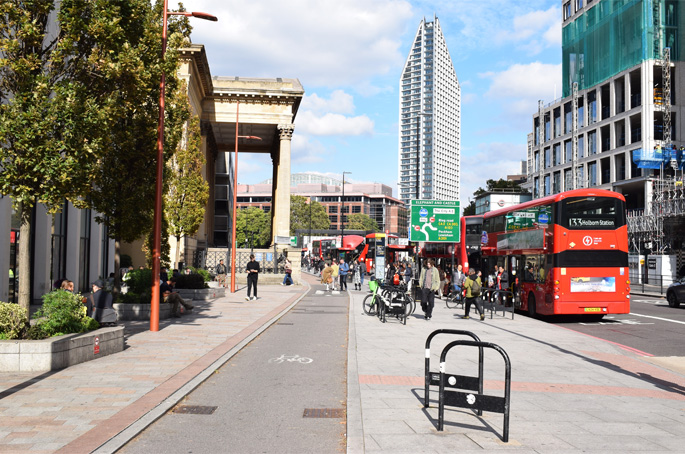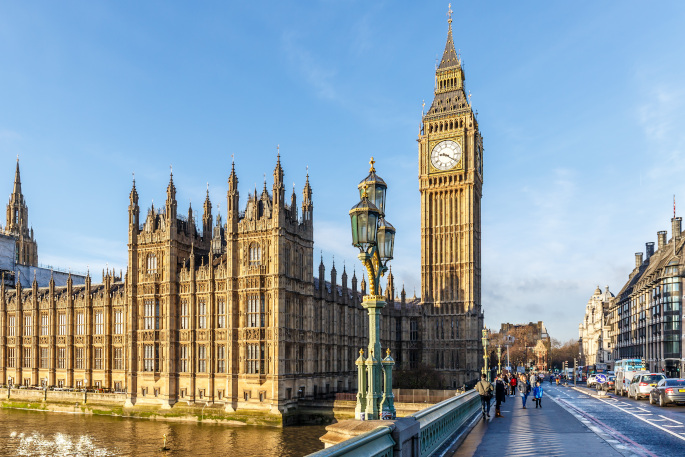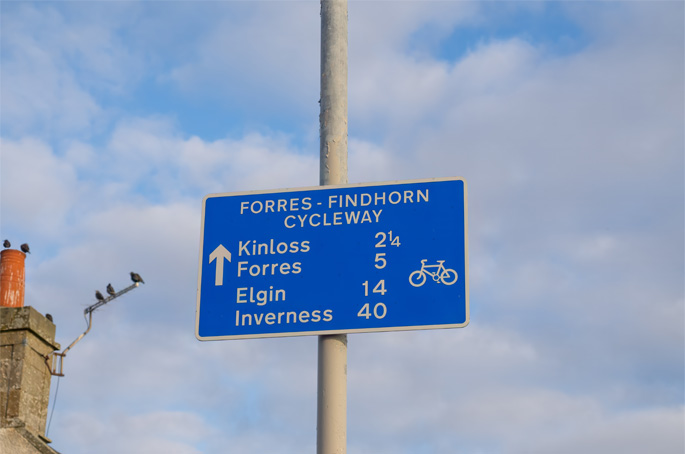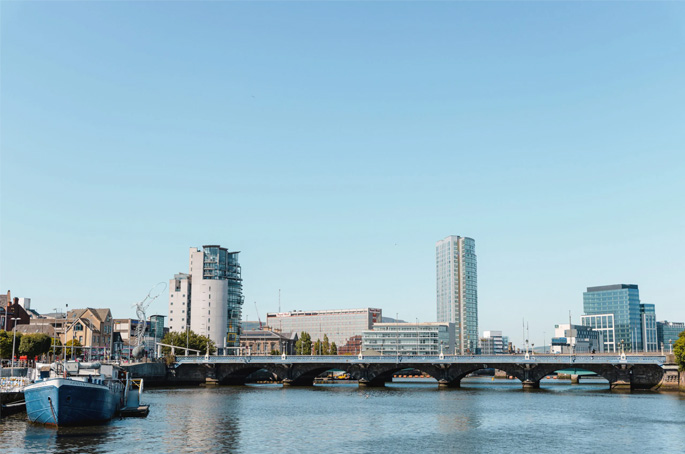National Highways is facing a major funding cut of around £3.4bn after today's Budget, with the total for the second Road Investment Strategy (RIS 2) dropping dramatically from the £27.4bn announced last year to £24bn.
The Spending Review Document outlines: ‘£24 billion of strategic roads investment from 2020 to 2025, delivering over 60 upgrades, including the largest scheme in a generation – the Lower Thames Crossing – and major upgrades to the A66, A428, A417 and A12.'
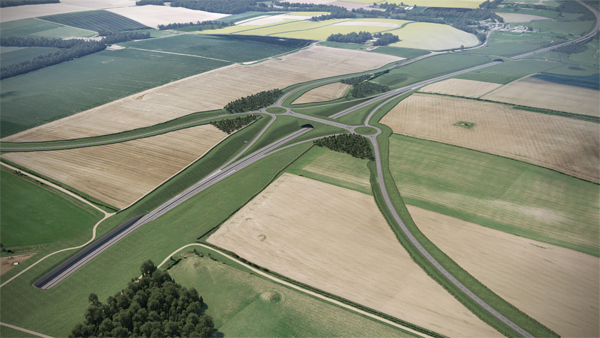
Chancellor Rishi Sunak gave the figure of £21bn in his budget speech, which on top of the £3.2bn National Highways spent over roughly the past 12 months, would complete the £24bn budget now outlined.
The Spending Review document makes no mention of the high profile Stonehenge Tunnel and wider A303 upgrade, after the High Court this year quashed transport secretary Grant Shapps' Development Consent Order (DCO) approving the scheme.
Highways understands there has been no change in the Government's commitment to the scheme and that the funding cut reflects the delays to this project as well as other major schemes like the Lower Thames Crossing, which means monies have to be moved to a later date.
However, the LTC scheme, which is facing delays due to National Highways withdrawing a planning application in light of insufficient information, was trumpeted in the Spending Review document.
Chris Todd of Transport Action Network said: 'Cutting nearly a quarter of the budget for new road schemes in RIS2 is a major change and is to be welcomed. However, we now need the Government to re-open the whole of RIS2 and properly appraise its impact not just on the climate but also on landscape, heritage and public health. Transport remains firmly off-track to delivering the carbon cuts required and far more radical change is required to get us there.'
On local roads, the chancellor announced £2.7bn over the next three years for local roads maintenance ‘in places not receiving City Region Settlements'.
This follows the trailed announcement of £5.7bn over five years for City Region Sustainable Transport Settlements (CRSTS) providing Greater Manchester (£1.07bn), West Yorkshire (£830m), South Yorkshire (£570m), West Midlands (£1.05bn), Tees Valley (£310m), West of England (£540m) and Liverpool City Region (£710m).
The fact that the £2.7bn local maintenance cash is specifically allocated outside of these combined authority areas, further suggests that the CRSTS settlements include rolled-up road funding.
The CRSTS gives the first chance for consolidated long-term transport funding for areas outside London. This 'new fund' dates back to an announcement made in 2019 that eight eligible English city regions would receive £4.2bn of additional funding for local transport networks. The North East, the only eligible region not to be given funding, said it was ‘extremely disappointed' to be left out.
The total amount has now been topped up to £5.7bn and, based on a previous government statement in August, it seems the cash comes from adding in Integrated Transport Block (ITB) and Highways Maintenance funding, including the Potholes Action Fund, allocations for these areas.
Chancellor Sunak also announced a further £2.6bn from 2020-2025 ‘to deliver a long-term pipeline of over 50 vital local road upgrades including the A509 Isham Bypass, A259 Bognor Regis and A350 Chippenham Bypass which will progress to the next stage of development'.
This money could come from the former large local majors and major road network funds, originally billed as being worth £3.5bn over 2020-2025. The two funds were due to be rolled up into a National Roads Fund - along with National Highways RIS 2 monies - created by hypothecated Vehicle Excise Duty.
With so much of this money moving back and forth and now being cut, it looks like the initial plan for a hypothecated National Road Fund is in disarray.
In total, the Treasury said there would be £8bn of investment for local roads maintenance and upgrades over this Parliament.
Even including the money handed to combined authorities under the new consolidated budgets, this leaves a shortfall of around £2bn, which could be covered by a range of funds such as the levelling up fund or cash directed towards cycling and walking.
The Government said more than £2bn will be spent on cycling and walking over the Parliament, including £710m of new active travel funding in this Spending Review.
It also pledged over £3bn of bus investment across the Parliament, including £1.2bn new funding for bus transformation deals to deliver London-style improvements in fares, services and infrastructure.




